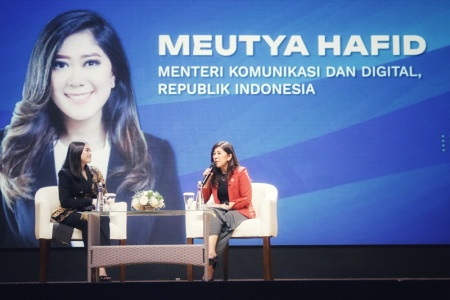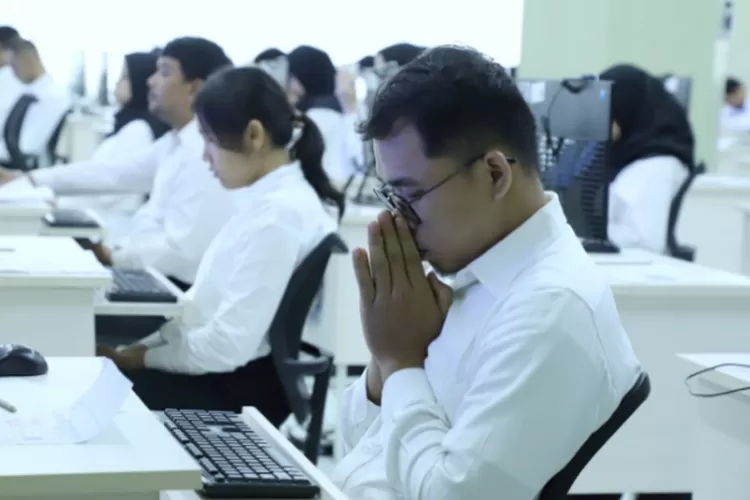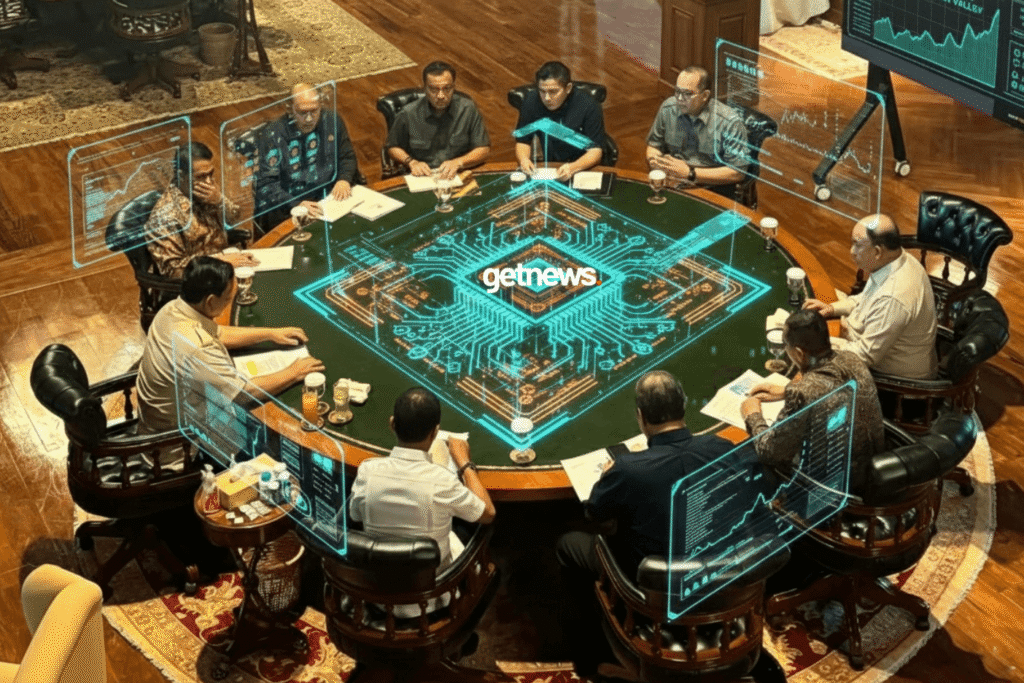Minister of Communications and Digital Affairs, Meutya Hafid called on Indonesian women to move from being passive users of technology to becoming active leaders in the digital economy, highlighting a significant gender gap in the country’s tech workforce.
Minister of Communications and Digital Affairs, Meutya Hafid, called on Indonesian women to take bigger roles in national digital ecosystem.
She delivered the call at the “She-Connects: Women, Digital, and Real Action” event held by her ministry in Badung, Bali, Friday, Oct. 10.Speaking to an audience of about 200 female entrepreneurs, academics, and community members, Meutya stressed the importance of Indonesian women’s participation in technology.She revealed that although women make up nearly half of Indonesia’s internet users, their involvement in the tech workforce remains low.
“Globally, the average of women working in the tech field has reached 40 percent. But in Indonesia, it is only 27 percent. We must catch up to this number together,” she said.
The Communications Minister also highlighted the structural challenges women still face, from gender stereotypes and a lack of self-confidence to a shortage of role models.She emphasized the importance of early education to build women’s confidence so they feel empowered to speak up and make decisions in the digital space.
“Self-confidence must be taught from childhood, through the courage to speak and have an opinion. The internet must be used to access knowledge, not the other way around,” she asserted.
In addition to encouraging an active role for women, Meutya also warned of the risks that women and children face online. According to ministry data, authorities have handled 1,902 cases of online gender-based violence and more than 5.5 million pieces of child pornography content in the last four years.
As a protective measure, the government has issued a new regulation to protect children online, locally known as “PP Tunas”, which restricts the age at which children can access social media.
“Indonesia is the second country in the world after Australia to implement this rule. We want to ensure children are protected from negative content and digital addiction,” Meutya explained.
The minister also noted the government’s commitment to expanding inclusive digital connectivity. The national connectivity rate currently reaches only 80.8 percent of the population, and efforts continue to reach the 20 percent of areas that remain unserved.Alongside network expansion, the ministry run digital literacy programs and mentoring for female-led startups to empower more women in technology, including in the gaming and creative economy industries.
“Women have a ripple effect. When one woman learns digital skills, the impact can reach her family and community. Therefore, we want more women to be drivers, not just users,” she said.
Fifi Aleyda Yahya, the Director General of Public Communications and Media Affairs, noted that women account for 49.1 percent of Indonesia’s 221.56 million internet users.
Through “She-Connects,” she said, the government aims to transform women from users into “agents of digital change.””Digitalization is not just about technology, but also about opportunity and the courage to take a role,” Fifi said.
The event was an inspirational gathering organized entirely by women, for women.
“All the organizers and participants are women, from students to business owners and creative communities. Bali was chosen because it is known for its high creativity,” explained Farida Dewi Maharani, an acting director at the ministry.
indonesia.go.id/Foto: Minister of Communications and Digital Affairs, Meutya Hafid, delivers her remarks at a talkshow She-Connect: Women, Digital, and Real Action in Badung, Bali (Photo courtesy of MCDA/Bismo Agung)




